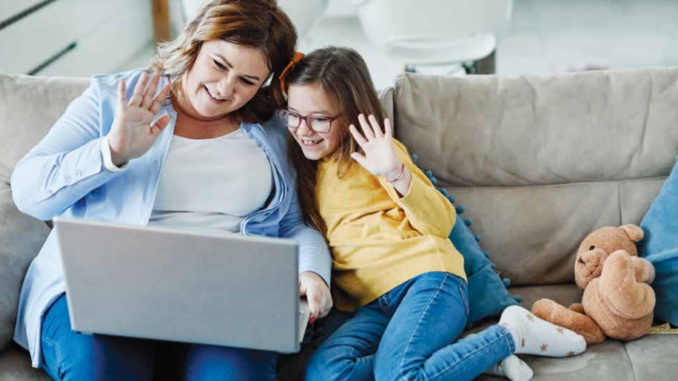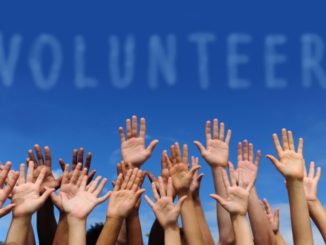
Social distancing doesn’t mean we need to be lonely. Staying in touch during challenging times can help us stay emotionally healthy.
“Anxiety, unease and missing your connections with friends, family and others can take a toll on well-being,” said Professor Dana M. Litt, PhD, of the University of North Texas. “While physical distancing is what’s being called for right now, we shouldn’t underestimate the basic human need for social support and interaction. Not only does it enrich our lives, it also keeps us happy and well.”
KEEP IN TOUCH WITH NEIGHBORS
Ahead of St. Patrick’s Day, a viral social media post urged neighborhoods to play a game in which people put up paper shamrocks on their windows and doors, allowing neighbors to go on a shamrock hunt. Another creative idea has been having children decorate their sidewalks with sidewalk chalk messages and pictures for their neighbors to see while taking walks around the neighborhood. Think of creative ways to keep your neighborhood in touch from a distance.
KEEP IN TOUCH WITH FRIENDS AND FAMILY
Checking in on family members is a great way to keep family connections strong. “For many young adults, communicating online is a major part of their social life, and especially so when they can’t be face-to-face with friends,” said Litt. Younger kids also need the continued connections to their peers that play dates provide. Professor Melissa A. Lewis, PhD, of UNT added, “Let them know the seriousness of what we’re facing right now and offer them alternatives for staying close with their friends in new and different ways.” Facebook Messenger offers a chat service for kids that allows parents to approve all contacts. Alternatively, allow kids to connect via FaceTime or Google Hangouts, as well as monitored online games.
CONNECT WITH YOUR COMMUNITY
Social media sites such as Nextdoor are a great way to learn about needs in your immediate community and help meet them. For example, perhaps a neighbor is collecting face masks for hospitals. Perhaps an elderly neighbor needs help getting to the grocery store. Staying in touch with our community is more important now than ever, despite the challenges. Also check with local organizations for ways to volunteer from home. Hospitals in some areas have asked for homemade face masks (ask your hospital before donating), and some charities could use volunteers to make phone calls from home.


